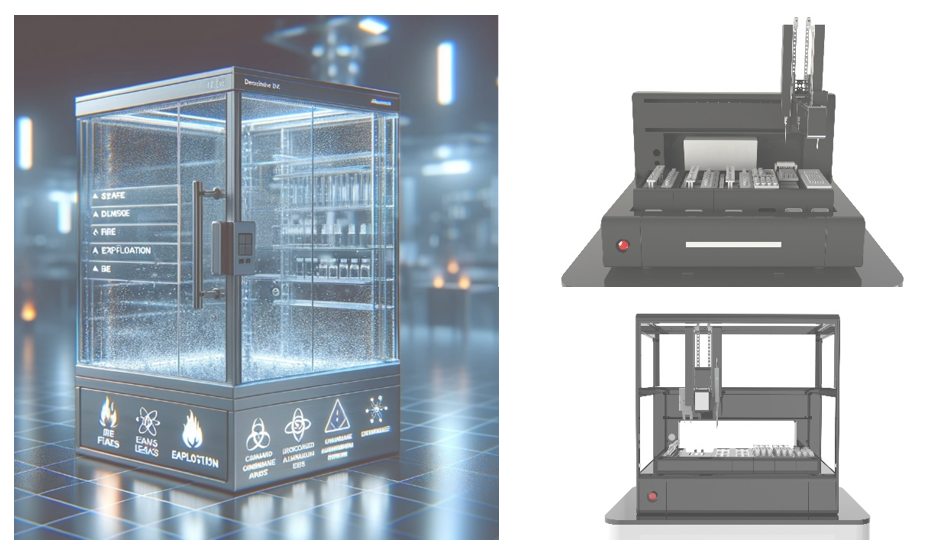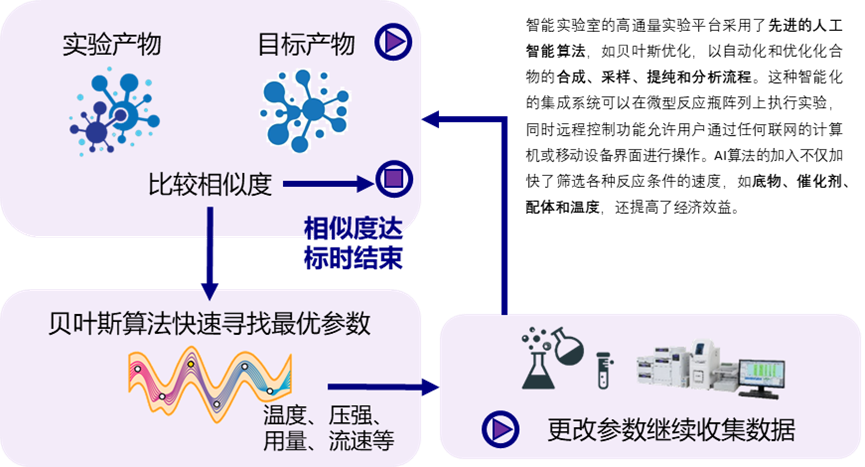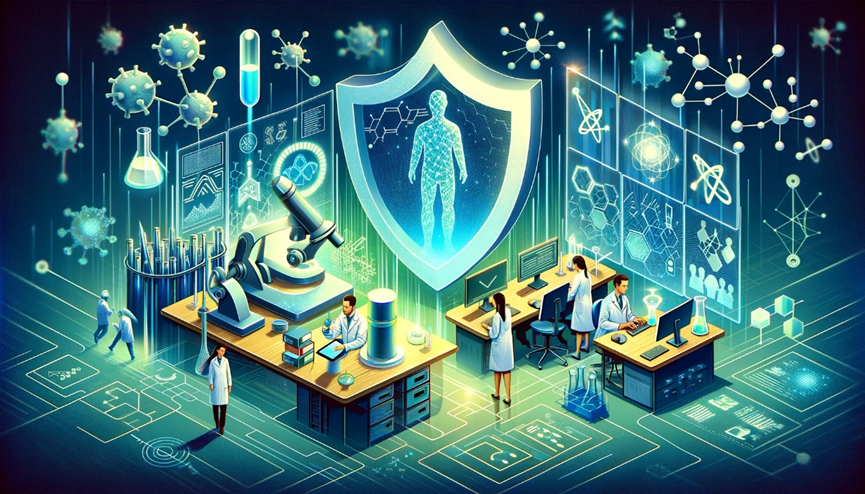

Author | Xu Yao
Editor | S
In 2023, safety accidents in chemistry laboratories in universities around the world occur frequently. It is urgent that the field attaches great importance to laboratory safety. From the fire in the animal room of a university in Zhejiang on April 10, to the explosion in the laboratory of the Department of Chemical Engineering of a university in Taiwan on August 17, to the fire in the pharmaceutical chemistry laboratory of the School of Pharmacy of a university in Hebei on November 30, although these accidents There were no direct casualties, but significant damage was caused to experimental animals and scientific research facilities. These cases remind us that strengthening safety management and risk prevention in university laboratories cannot be ignored.

In response to this challenge, a series of innovative products and technologies have emerged on the market. These technologies are designed to reduce the risk of laboratory fires and explosions through high-throughput, modular fluidics workstations and customized drug synthesis solutions. More importantly, some advanced technologies, such as the AI automated synthesis platform for remote chemical experiments, can not only effectively prevent fires, explosions and chemical leaks, but also optimize experimental processes and ensure the safety of university chemistry laboratories. In particular, the intelligent chemical and biopharmaceutical R&D platform has built-in intelligent robots that have made remarkable achievements in synthesizing target molecules, greatly improving the safety and efficiency of laboratory work.

With the continuous advancement and updating of technology, especially improvements in algorithms and hardware architecture, future laboratories will become safer and smarter. The development of these technologies is expected to cover many fields such as medicine, energy, and chemical industry. These improvements are not only to protect the life safety of every student and researcher, but also to comprehensively improve laboratory safety and efficiency. To this end, research and practice on laboratory safety management must continue to ensure that safety is always the primary consideration on the road to scientific exploration.

Future laboratory management will rely even more on the integration of intelligent technology. Intelligent monitoring systems, remote control of experimental processes, and intelligent analysis and storage of data will become important components of modern laboratories. The integration of these technologies can not only improve laboratory work efficiency and innovation capabilities, but also effectively reduce risks caused by human errors and provide new guarantees for laboratory safety.

In order to jointly create a safer and smarter experimental environment, universities and research institutions should actively explore and implement advanced safety management and technological innovation strategies. Only through such efforts can we ensure that the laboratory becomes a safe haven for scientific researchers to conduct scientific exploration.
The above is the detailed content of The necessity of high-throughput automated experimental platforms in laboratory safety, Xu Yao proposed. For more information, please follow other related articles on the PHP Chinese website!




